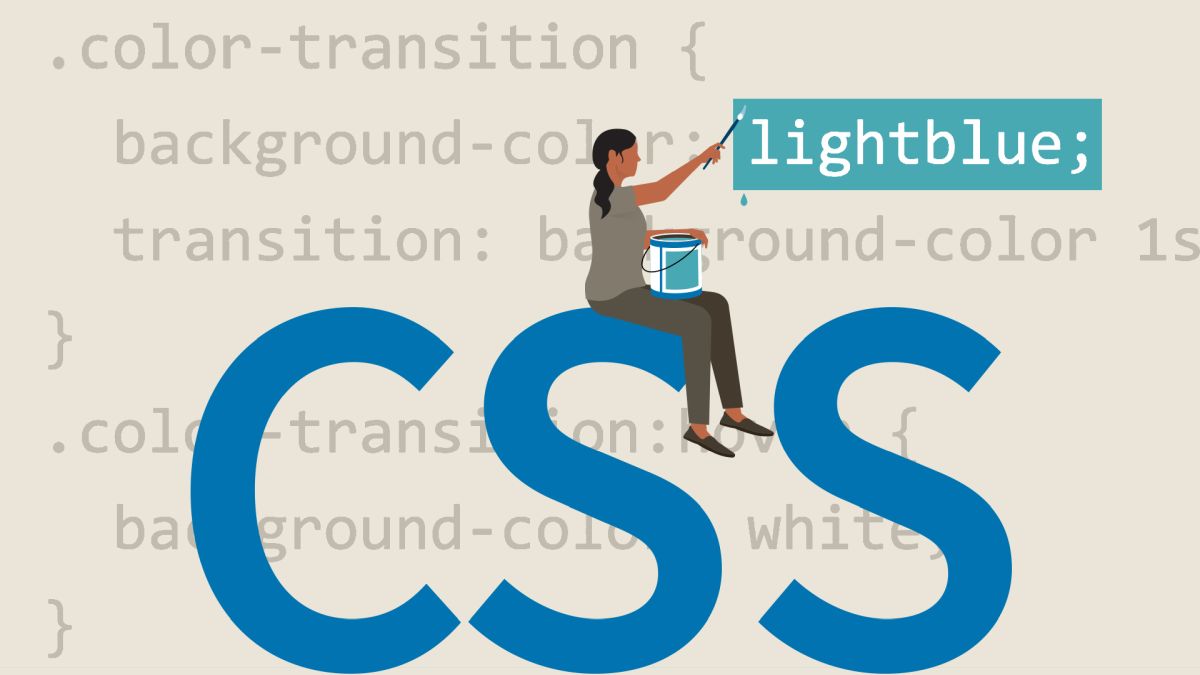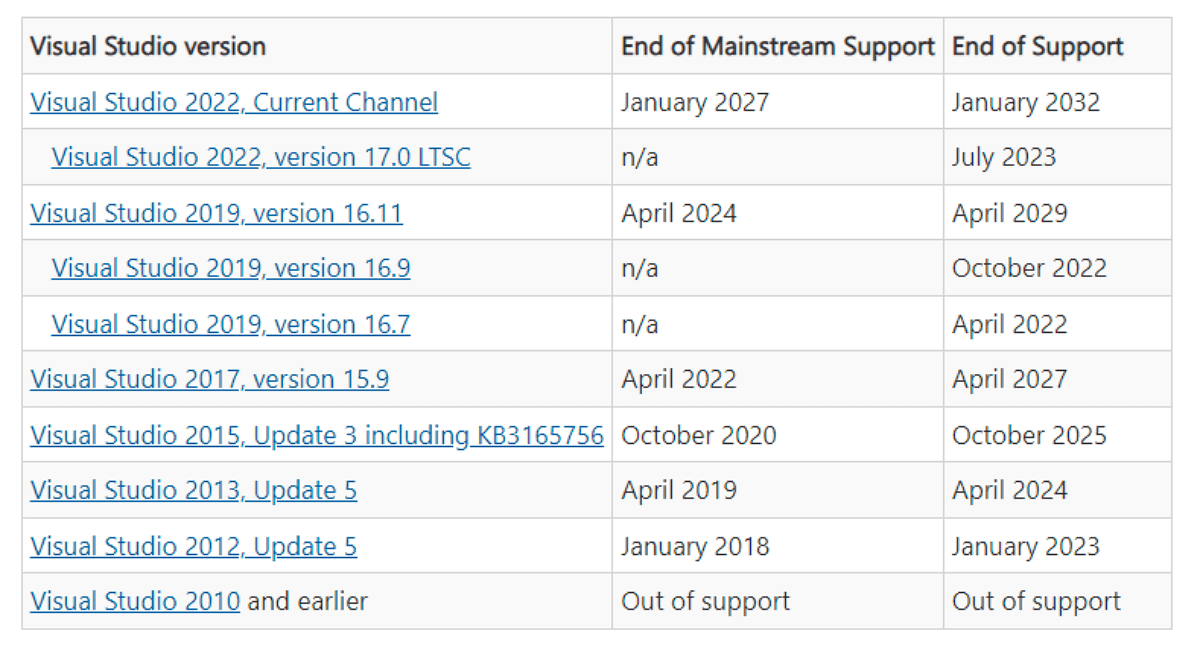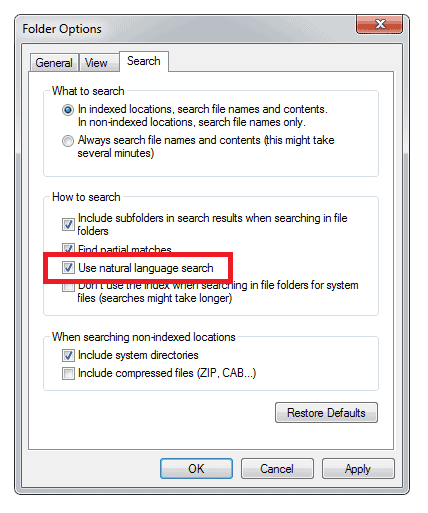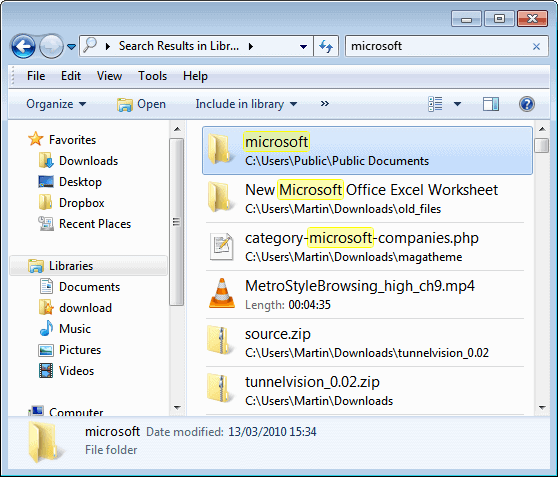Google Launches Panda Algorithm For Additional Languages
Google launched a new search engine algorithm earlier this year that they internally called the Panda update. The idea behind Panda was to introduce a quality variable into the ranking equation. Sites with good quality contents would see an increase, sites with low level quality or article farms would see a decrease. That worked so-so with many legit webmasters hit by the Panda. I know several webmasters whose sites have been hit where I could not find a reason for it, no matter how hard I looked at their websites.
More recent updates made some sites recover while others still would not return to their previous rankings. The core problem with Panda was that Google did not release a definition of quality. And if you ask one hundred Internet users about their definition of a quality website, you will likely get one hundred different answers.
Google first rolled out Panda to websites in the United States, and there only to English sites and queries. A later update launched Panda for all English speaking websites regardless of their location in the world. Today's announcement at the Google Webmaster Central Blog marks the next step of the "high-quality sites algorithm" as Google likes to call it. Panda is now used on non-English versions of Google Search as well, with the exception of the Chinese, Japanese and Korean language versions.
According to the information posted, Panda will affect between 6 to 9 per cent of all queries "to a degree that a user might notice". That's lower than the initial 12% of affected sites of English queries, but still a considerable amount.
With Panda out in the open almost everywhere: What is your personal impression of Google's search engine quality as of late? Has Panda improved the results significantly by pushing down lower quality sites? Or did you experience a decrease a value, something that might even have made you use another search engine?
Let me know in the comments.
Advertisement




















Turkish biggest blog portal blogcu.com goes down with this algorithm.
My experience with the panda update has been very bad. As a user of Google search, I have seen copied content and crap sites coming to the front page of google search. When I click on the site, it copies an excerpt (usually two to three liner) from the original site and then gives the link to the site. And the problem is why is this site with copied content still ranking higher than the original site?
I think penalizing domains for pages was not at all a good deal from google.
Usman…
Google Panda is nothing but an attempt to make the internet world monopolistic…
Its solely intended for the welfare of the big corporates… and stick up the small performers…
They are not keen in knowing whos actually bad among the small websites. The big sites are performing even better now. And, the trash websites still exist… So, tell me where are the so called good quality search results that Google claims to introduce with the panda?
Just google factoring testimonials…. and see the results… in the first three pages…each page has one of these sites
http://www.jakartafactoring.com/Content.aspx?id=74
http://www.chattanoogafactor.com/Content.aspx?id=74
http://eriefactor.com/Content.aspx?id=74
Just the website names are different… the content is the same and also the layout is the same!!
This is just an example! There are so many trash links in the search. I had also pasted this stuff in Google webmasters help forums but no one seems interested. The reason i searched for this term was because of my project work…
Thanks Google for penalizing… the truth is you su<k!!!
I have tried hard to keep this plague away from my website. But, I failed at two instances. My site was hit twice. Just few days ago, the traffic dropped again. And, i found out that my best performing lengthy articles, started experiencing a drop. I don’t really get the reason.
None of those keywords content was copy pasted. In fact nothing is copy pasted on my site. The last time I was hit by Panda I deleted 100 articles, cleared all the indexed tags. This resulted in several not found pages in Google webmasters. I was very careful after reading lots of stuff here n there.
But, now just two days ago I was hit again. My heart pounded beat that I could hear!!!
I had changed my theme earlier this year. So, I though maybe thats the problem and I reverted back to the old theme today. I’m pretty sure that I can’t recover what I lost… Sigh!
Applaud your humble response — thank you, Martin.
I have drilled into tonnes of SEO books, articles and whatnot to put this Panda bug away from my site. Eventually I have learned that good content is what makes your site Panda-free, although there’s no way to define what’s “good.”
As funny as it may seem, according to Google Trends and Google Planner, SEO blogs have lost traffic, too. So this is perhaps the worst nightmare update. I’m glad to see Ghacks wasn’t held under limitation — and you guys are doing pretty well.
Keep rocking! (If there’s any helpful insights you could gather from your friends about Panda, please update me/us.)
Well there are a few factors that I believe have a big impact on the panda rating, they are: Length of content, ad to content ratio above the fold, broken links, redirects, affiliate links, site authority, outgoing link profile, incoming link profile, spelling mistakes..
I remember Ghacks was held under the cuffs of Google couple of months ago. I also remember the ranting over at Google Webmaster Forum.
I’d like to know if you folks have managed to recover from Panda? My main site has definitely seen a slump — quite unexpectedly. Sigh!
Any pointers to your readers on how you tackled the update and managed to fly high again would be helpful. :)
Well it actually was a stats glitch and not a drop in rankings. I do however have friends that have been affected. There is unfortunately no straightforward plan to recover a site from Panda.
Google Panda did bring some websites up in rankings but i have seen many sites with high quality content getting penalized because of Panda. Every single person has a different view about the about the quality, some says the post length should be more than 350 words while others say that it doesnt matter. I am still confused about this.
Is that true Martin?
Hammad, no one knows the parameters exactly, it is however likely that the number of words have an impact. I suggest you write at least 300 words per article (Which could reduce the quality of the article, from a reader’s point of view. Why use 300 or more words when you can say the same in one hundred words?)
There are numerous reported factors, ad to content ratio above the fold, length of text, broken links, affiliate links, user reception, use of media, citations and probably dozens if not hundreds of additional factors.
Thats the point. Writing 300 words is not a big deal but if you ask from a reader’s point of view, it becomes boring. One of my sites is under panda effect as well and traffic fell by more than 50%. I searched a lot about it but everywhere i go, i read different opinions and factors about Panda. Even google released no specific details.
I would love to see a post about Google Panda on Ghacks if its possible martin :)
The problem is that I do not have any more information than anyone else. All I could write about Panda would be speculation ;)
This could be interesting for your: http://www.pocket-lint.com/news/40851/10-tips-for-beating-google-panda
http://sphinn.com/story/219400/?utm_source=feedburner&utm_medium=feed&utm_campaign=feed-sphinn
Google is become worse, only the first two pages ae useful, the rest of the search is rubbish.